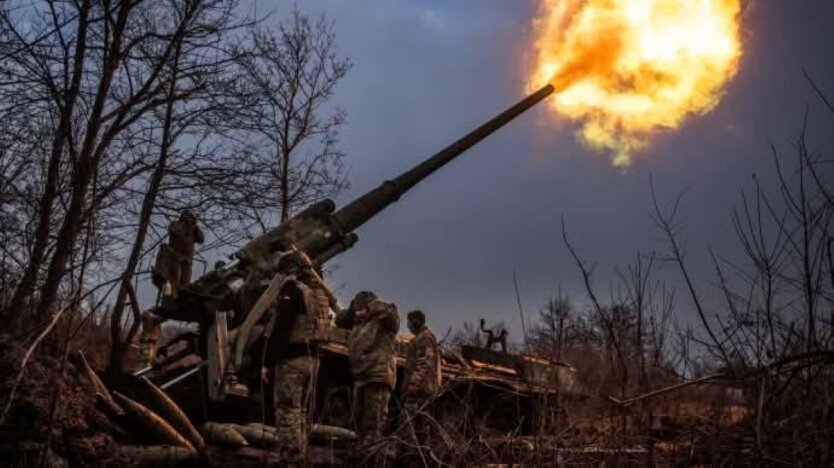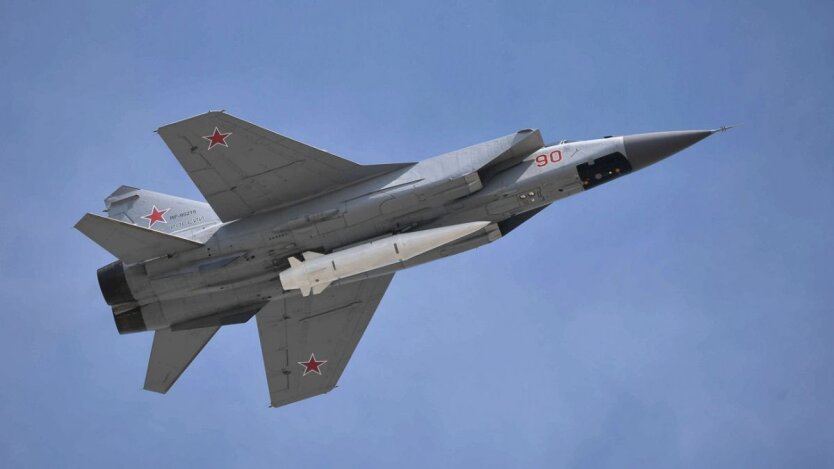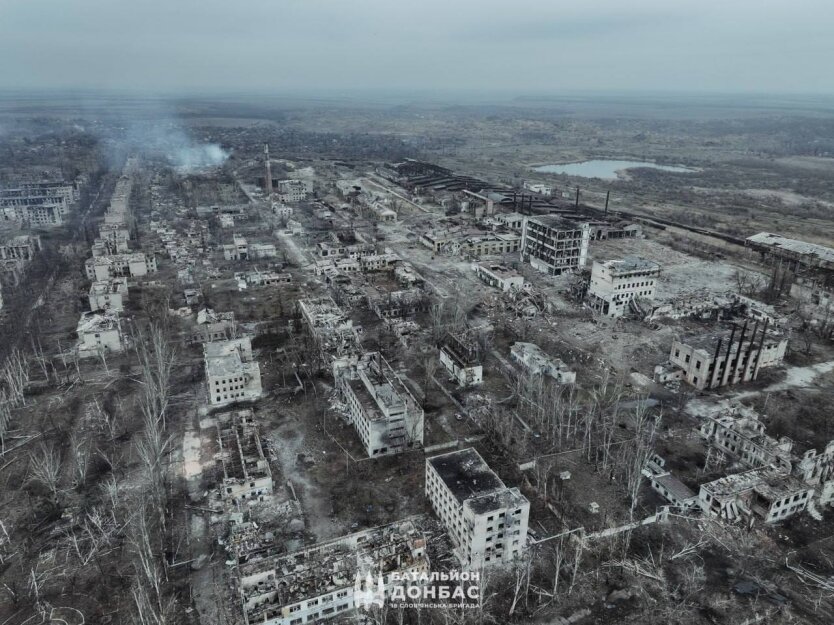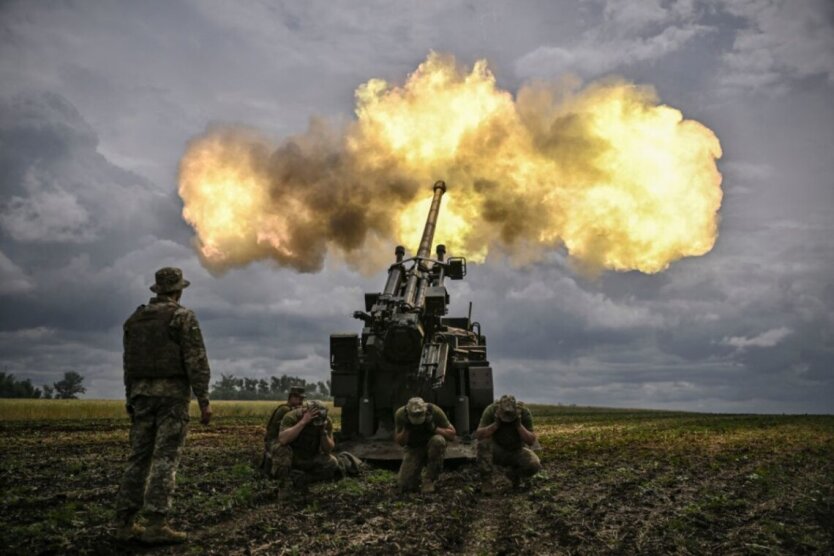Russia's Influence in Eastern Europe Worsens HIV Epidemic.

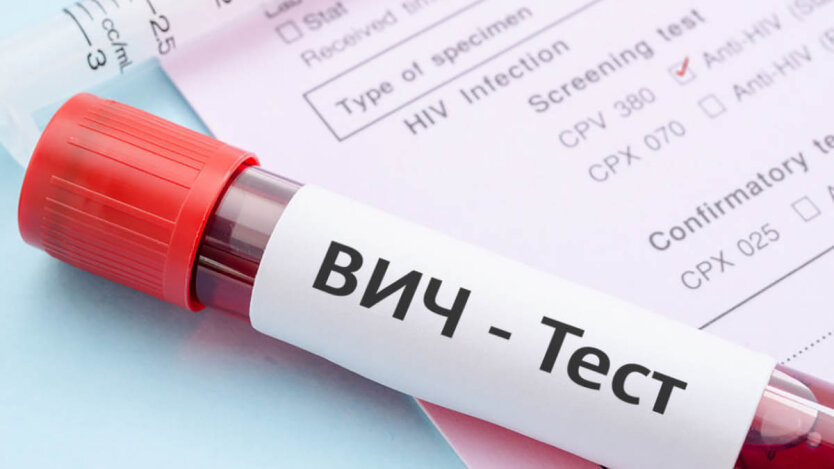
Rising HIV Infections and AIDS Mortality in Eastern Europe and Central Asia
In recent years, the number of new HIV diagnoses has increased by 20%, and AIDS mortality has increased by 34% in Eastern Europe and Central Asia. These are the highest growth rates worldwide. This information was provided by health leaders during a briefing at the 25th international AIDS conference.
According to The Guardian, Russian propaganda hampers the work on treatment and prevention of infection, especially among drug addicts and the LGBTQ+ community. It also prevents access to opioid replacement therapy services.
In addition, laws on 'foreign agents' in some countries in Eastern Europe and Central Asia, inspired by Russia, obstruct foreign-funded charitable organizations and lead to the closure of some of them.
Special advisor to the WHO European Bureau Michel Kazachkin stated: 'Russian influence in neighboring countries is evident and growing'.
According to Michel Kazachkin, Russian propaganda harms society and creates barriers to access to healthcare. For example, the consequence of Russian influence was the closure of a weak opioid agonist therapy program in Kazakhstan.
According to former Kyrgyzstan parliament member Natalia Nikitenko, many Central Asian citizens work in Russia, but due to deportation fears, people infected with HIV or addicted to drugs avoid treatment.
Fortunately, in Ukraine, the national HIV prevention program continues to work despite Russian aggression, and the number of people receiving necessary therapy is increasing again.
Source: Ukrinform
Read also
- Russians are trying to bypass Lyman and capture key heights
- An attack occurred at the factory in Kazan that produced charges for 'Kalibr' and 'Iskander': video
- Ukrainian Armed Forces strike Russian aircraft at Savasleyka airfield: what is known
- Russians are trying to completely destroy Chasiv Yar with barrel artillery - OSA 'Luhansk'
- The Sumy Regional Military Administration denied information about a possible evacuation of the city
- The General Staff responded to Russia's statement about a breakthrough in Dnipropetrovsk

